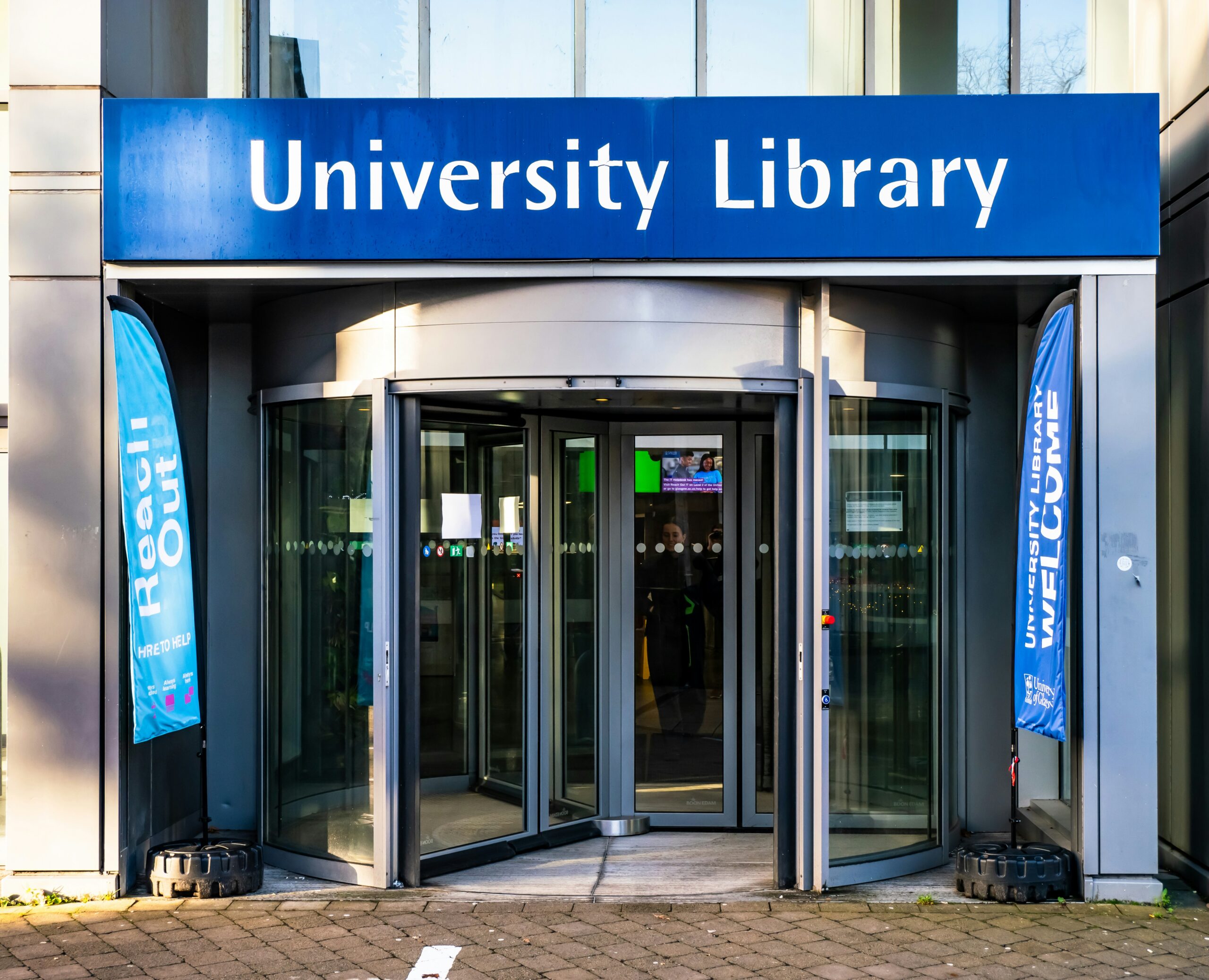
This week, I began to suspect that higher education (HE) industry PR is going awry. Why? Because, despite years of positioning the sector as elite and aspirational, HE’s media handling generated headlines such as More teens to get their choice of uni even if they miss their grades on the BBC and elsewhere. The coverage left me thinking that representatives of Britain’s HE sector have not only dug a hole for themselves, but are continuing to dig and burying much of their sector’s brand value in the process.
Industry PR 101: do not mix messages
This year’s A’ level results came out on 14 August. In England, 77.7% of grades awarded were C or above, with 28.2% of results at grade A and above. So, a large pool of candidates for HE institutions. And on 14 August, more than 94% of students who had applied to HE within the normal timelines were holding an offer. Sounds great all round, right?
Especially since HE institutions can charge higher fees from 2025/26, while the time until any loan is written off increases to 40 years for this year’s intake. Both changes will enhance revenue flow to educational institutions and government.
But even as students collected their results, HE reps let their own interests and angst cloud this opportunity for feel-good industry PR. They told journalists that even students failing to meet their offer requirements would probably get places, because frankly the sector needs to put bums on seats for income.
Comment was contextualised in operational terms, with references to recruiting ‘near miss’ students because it’s easier than finding candidates from scratch through clearing. Of a ‘buyer’s market’ for students. One rep even spoke of universities ‘falling back in love’ with undergraduate applicants, which begs the question – if they are only now falling back in love, what was their attitude before?
The sector seems keen to let the world know it’s cash-strapped. And it is: lots of HE institutions are in financial trouble. But this week, what I heard was, ‘We’re so desperate for cash, we’ll take anyone’. Which seems odd, given the sector’s other key message that ‘HE is elite, providing services and product that nobody else can, because we operate on the basis of uncommon intellectual merit.’
In industry PR, unclear messaging undermines credibility
These claims (which function as brand elements) do not sit comfortably together. One might expect elite institutions and their reps to see that, and to manage their messaging accordingly. Not doing so undermines their brand.
This has real-world implications. For me, as a parent of teenagers, the state of the tertiary sector and dilution of its product benefits are matters of real concern. What is the value of a costly tertiary education if every second person has one? Especially when recruiters use AI recruitment tools to identify, and favour, skills and experience over qualifications. If the claim that a degree is a passport to a great career was ever true, it certainly isn’t now.
How can higher education improve its industry PR?
In terms of industry PR, the HE sector’s in a bind. For centuries it was an elite sector, a place where only the very brightest went to hone their skills. But in 2022/23, a full 49% of state school pupils from England aged up to 25 had started higher education and the entry rate for 18-year-olds was 37.5%.
This means HE is no longer elite. Some institutions within it may be, but that’s for them to manage and not reflected across the sector. Modern HE is simply a business, with no plausible reason to escape commercial realities.
This requires change in the sector’s self-image, brand values and messaging. It seems odd to claim exclusivity when you admit most applicants.
If I was the big boss of HE’s industry PR (not sure that’s actually a job, but let’s go with it) I would:
- Bring key parties (UCAS, Universities UK, HE institutions etc.) together to thrash out a strong brand identity and messaging basics. I doubt this could be made obligatory, but it would suit the interests of most parties to take part.
- Maintain dialogue with stakeholders.
- Respond meaningfully and accountably to concerns around freedom of speech, cost/benefit ratio and the efficiency of governance.
- Tailor messaging in light of change in the jobs market, e.g., replacement of traditional roles with AI.
- Appreciate that HE is now subject to market forces to a far greater extent than before. Market and brand productively: undergraduates are customers, not a burden the sector is forced to carry.
- Stop using any and every opportunity to promote the interests of those working within the sector. Putting one’s own interests aside to congratulate others on their achievements is not merely polite, it is good brand management.
An uncertain future
I don’t envy brand managers working in HE. The sector seems plagued by uncertainty and insecurity. It seems inevitable that some HE institutions will downsize or even close, while the workforce seems simultaneously jittery and unlikely to seek work outside academia.
Furthermore, HE has come under fire for multiple reasons, from restricting freedom of speech to failing to protect students with mental health challenges. Some of these accusations are, no doubt, unfair or overblown. But HE communications and PR managers must handle them regardless.
This year feels somehow momentous, as if it marks a sea change in the relationship between British society and HE. It’s a relationship I’ll be watching with interest.

Comments are closed